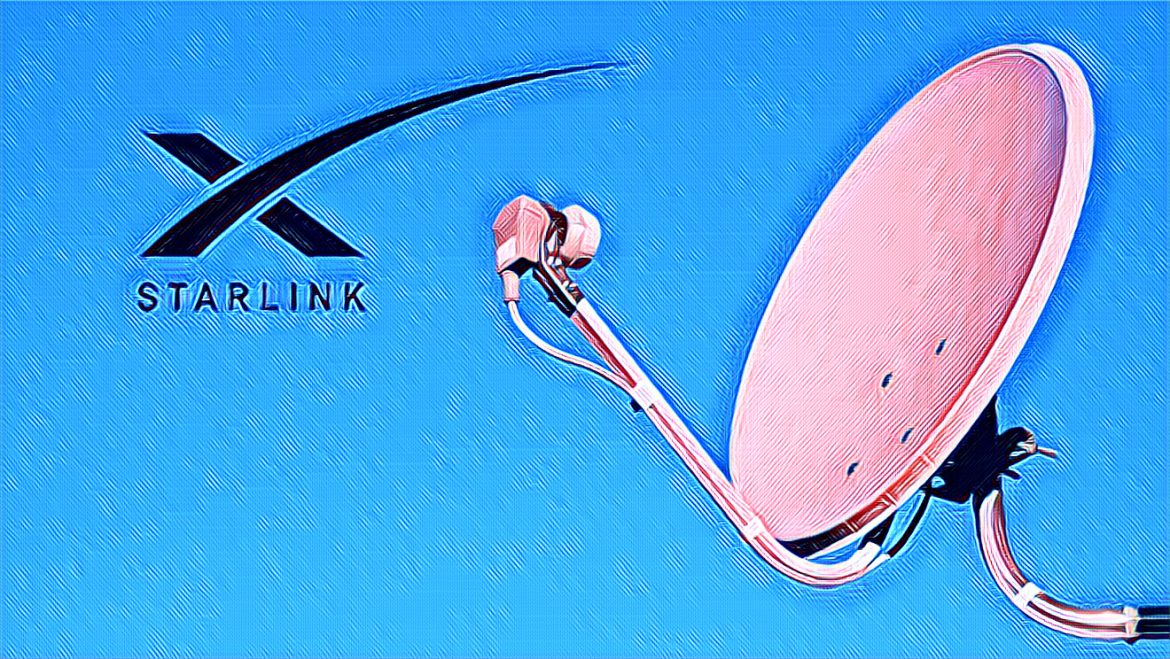Zimbabwe’s telecommunications regulator has launched a series of raids on businesses and individuals who are using Starlink Internet Services, a satellite-based network that offers high-speed broadband access. The regulator claims that Starlink is operating without a license and interfering with other services.
Starlink is a project of SpaceX, a company founded by billionaire entrepreneur Elon Musk, that aims to provide global internet coverage through a constellation of low-earth orbit satellites. The service, which is still in beta testing, has attracted customers in several countries where internet access is limited, expensive, or unreliable.
However, in Zimbabwe, using Starlink is considered illegal, according to the Postal and Telecommunications Regulatory Authority of Zimbabwe (POTRAZ). The authority has warned that anyone caught distributing, advertising, or installing Starlink devices will face arrest and prosecution.
According to local media reports, two people have already been arrested in Victoria Falls and Bulawayo for using Starlink internet. They are facing charges of contravening the Postal and Telecommunications Act, which prohibits the use of unlicensed telecommunication services.
POTRAZ said that Starlink is still in the process of applying for a license in Zimbabwe, and until then, its service is not authorized. The authority also said that it needs to ensure that Starlink does not interfere with other licensed operators or national security.
However, some internet users in Zimbabwe have expressed frustration with the crackdown, saying that Starlink offers a better alternative to the existing providers, who often suffer from network congestion, poor quality, and high costs.
Zimbabwe has an internet penetration rate of 34.8 percent, according to DataReportal, a digital insights platform. Most of the users access the internet via mobile devices, which are subject to taxes and shutdowns by the government.
Zimbabwe is not the only country where Starlink has faced regulatory hurdles. In India, the service has been challenged by local telecom operators, who argue that it violates the country’s licensing rules and spectrum allocation norms. In Canada, some rural communities have opposed Starlink’s plans to build ground stations, citing environmental and health concerns.
Despite these challenges, Starlink has ambitious plans to expand its network and reach more customers around the world. The company has said that it expects to have global coverage by the end of 2023 and that it will continue to improve its speed, latency, and reliability.
Starlink’s vision of providing internet access to everyone, especially those in remote and underserved areas, has the potential to transform lives and create opportunities. However, it also faces legal, technical, and social obstacles that may limit its impact. As the world becomes more connected, the question of who controls the internet and how it is regulated remains a contentious and unresolved issue.
Source: Bulawayo24


